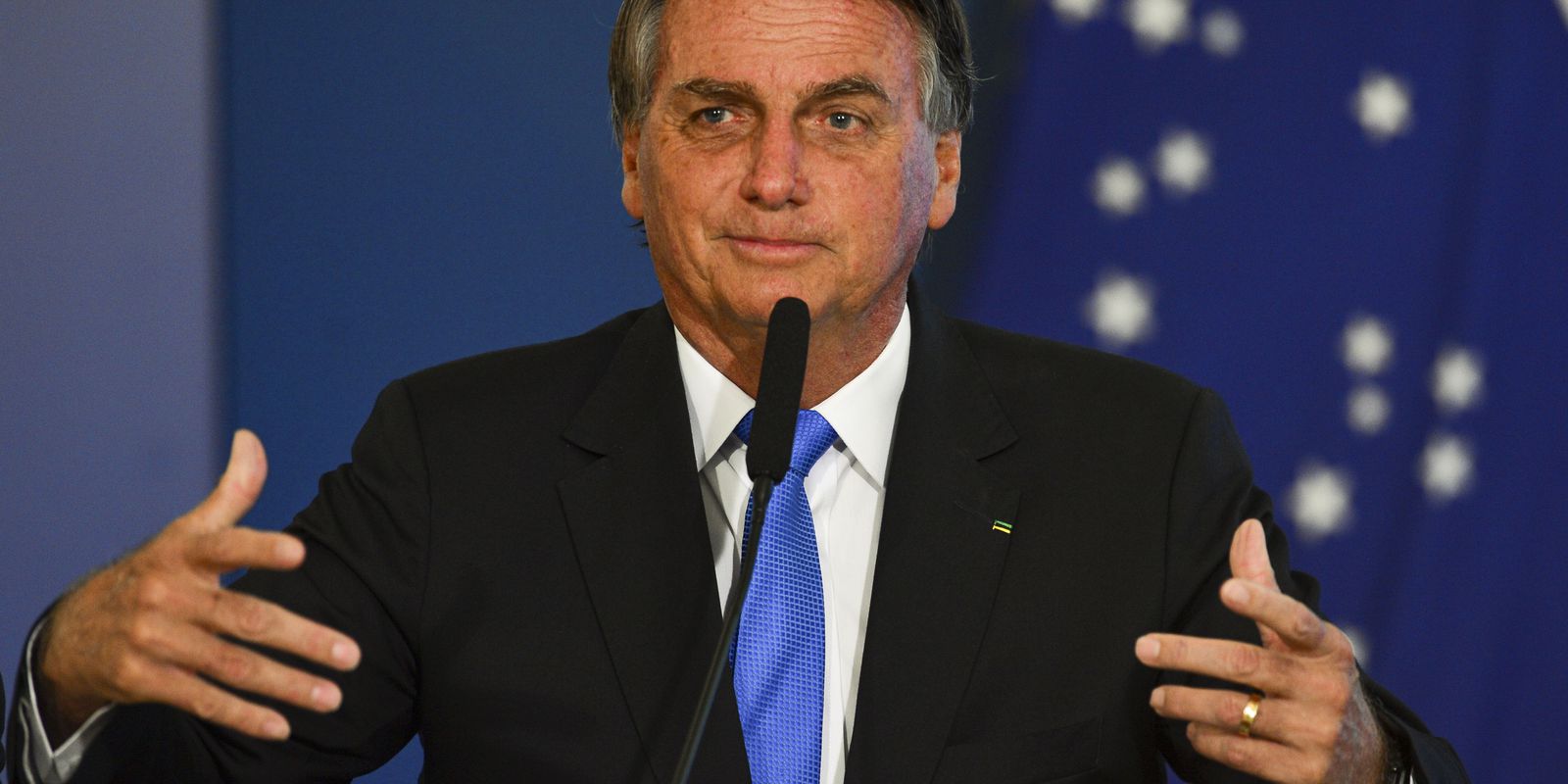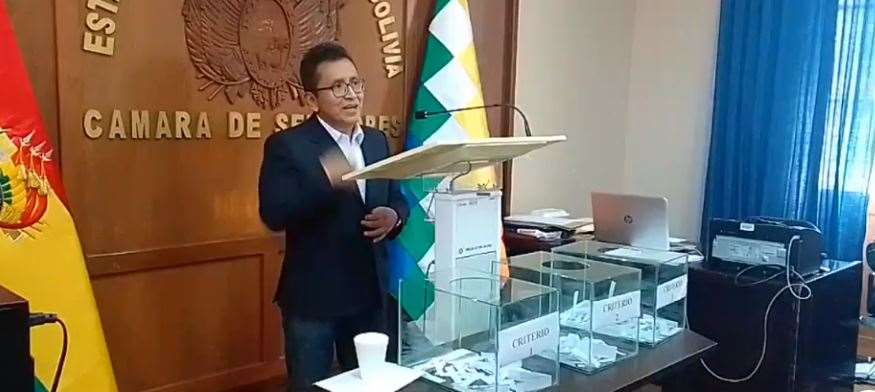President Jair Bolsonaro vetoed the bill that would establish the Aldir Blanc National Policy for Fostering Culture. Approved in March by the Legislature, the law provided for annual transfers of R$ 3 billion from the Union to states and municipalities for actions in the sector.
In the justifications, presented today (5) by the General Secretariat of the Presidency of the Republic, the federal government informs that “the veto stems from the need to safeguard public accounts, given that the cultural sector has already been covered by other recovery actions during the pandemic. ”.
With regard to the sources of funds to be used – in this case, specifically citing appropriations set out in the annual budget law and in its additional credits; gross revenue from prediction contests and lotteries – the General Secretariat reported that, “after hearing the competent ministerial portfolios”, it decided to veto provisions “due to unconstitutionality and contrary to the public interest”.
In addition, the General Secretariat adds, “the proposal would not meet the spending ceiling, nor the primary result, since there would be no fiscal space for new contributions of resources from the Union to the states, the Federal District and the municipalities”.
“It is important to point out that there were significant transfers from the Union to the federative entities as a result of the confrontation with the covid-19 pandemic, so that the country is in a delicate fiscal situation, in which there is no room for new financial transfers from the Union. ”, he added.
Vice of unconstitutionality
The federal government also argues that the aforementioned law was unconstitutional, since it would imply the expansion of mandatory expenditure of a continuous nature, generating “budgetary and financial impact for the National Treasury, in addition to contradicting the public interest, since could harm the commercialization of lottery products, as a result of the decrease in the values of the prizes offered, which would trigger a reduction in the attractiveness of federal lotteries for the betting public”.
Finally, the Secretariat concludes that the presidential veto “intervenes in due course to balance public accounts”.
The law
Aimed at cultural workers, entities and individuals and legal entities that provide artistic and cultural services – which includes the country’s material and immaterial cultural heritage -, the project approved by Congress provided that states and municipalities should apply 80% of the funds received in actions to support the cultural sector through public notices, public calls, awards and purchases of cultural goods and services.
The law also provided for subsidy for the maintenance of artistic spaces and cultural environments that develop regular and permanent activities in their territories and communities.
The remaining 20% of the funds would be allocated directly to incentive actions and to programs, projects and actions to democratize access to artistic and cultural production in urban and rural peripheral areas, as well as traditional peoples and communities.
















